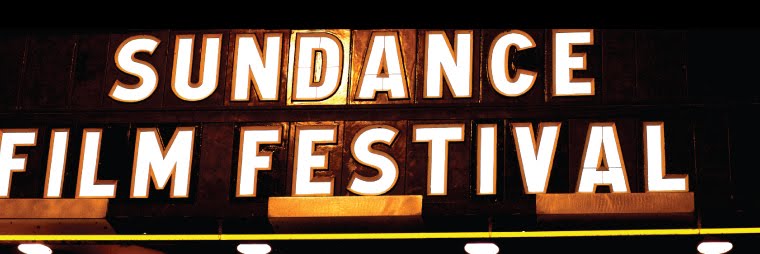The most common complaint I heard about the movie was that it didn't add anything to the discussion on women and media. When she presented the film, Geralyn Dreyfous, the producer, said that she saw "Miss Representation" picking up where "Killing Us Softly" (1979) left off. This is the response that I posted on Facebook when someone expressed this too me:
I totally know what you are saying. As we were watching it, I kind of was just nodding and saying, "Yeah, I know that." I think that why I appreciated it so much is knowing that I am not the intended audience. The movie displayed exactly what we study, so while we are looking at it saying, "Um, well, yeah!" The people who she made the movie for ("the unwashed masses" if you will ;)) are seeing, possibly for the first time, the far spread affects these images have. This is a timely and necessary advocacy for educated viewership, something that has definitely changed since "Killing Us Softly" was first released in 1979.The only real complaint that I have with this movie (so far) is their inclusion of Catherine Hardewicke (Director of "Thirteen" and "Twilight"). They then stressed the importance of supporting female directors. This is great. I do believe that it is important to support women (only 7% directors working in the United States are women) BUT we should not kid ourselves into thinking that this means their representations of women are going to be positive (Catherine Hardwicke choosing to engage the depiction of Bella in "Twilight" being a perfect example).







